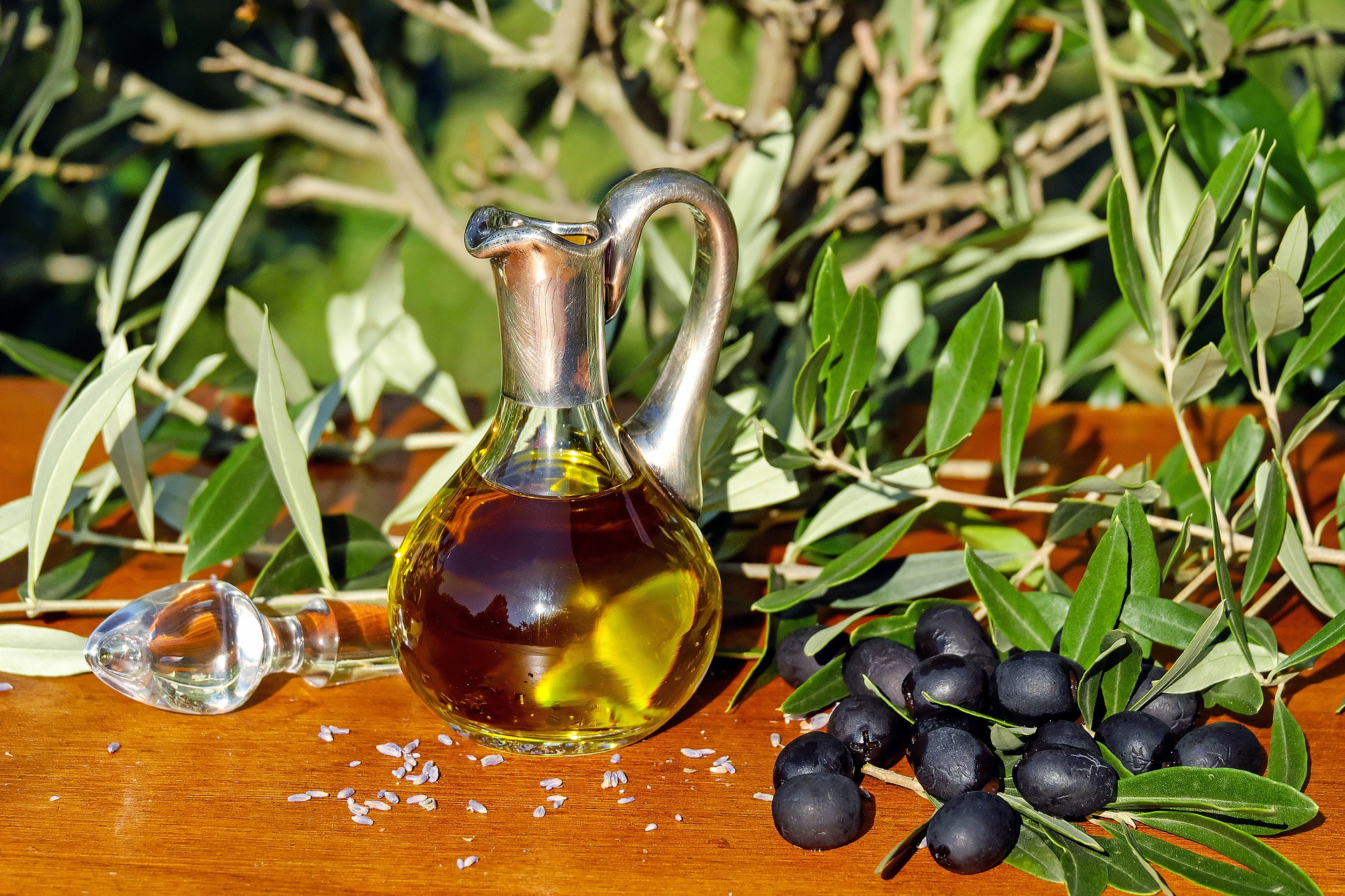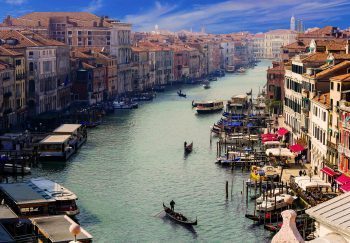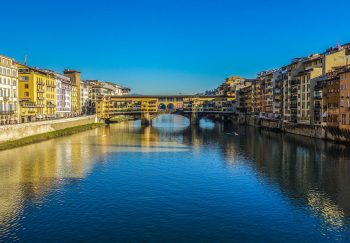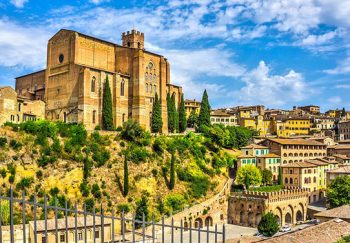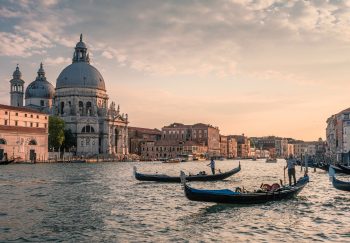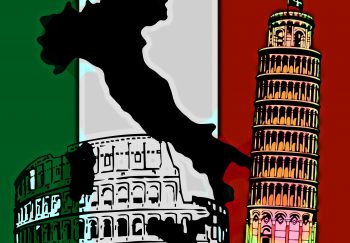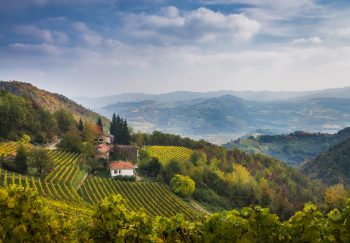Olive oil is a popular staple in the Mediterranean diet, and it’s gaining popularity around the world. Italy is one of the largest producers of olive oils. It’s easy to picture the golden liquid when you think of Italian cuisine. But, there’s more to olive oil than an E.V.O.O. title. The world has become aware of the enormous business of adulterated olive oils since the publication of Tom Mueller’s 2011 book Extra Virginity: The Sublime and Scandalous World of Olive Oil.
The USA is the best country in which to sell fake olive oils.
In the past, and unfortunately still today, low-quality oil with artificial food coloring was passed off as extra virgin olive oils. The United States does not have strict regulations regarding labeling and has fewer laws to regulate the use of “virgin”, or “extra virgin” in olive oil labels. Because olive oil is one of the fastest-growing industries with Americans joining the Mediterraneans in their love for the liquid gold, the market is full of knock-offs. It is true that virgin olive oil is not chemically made.
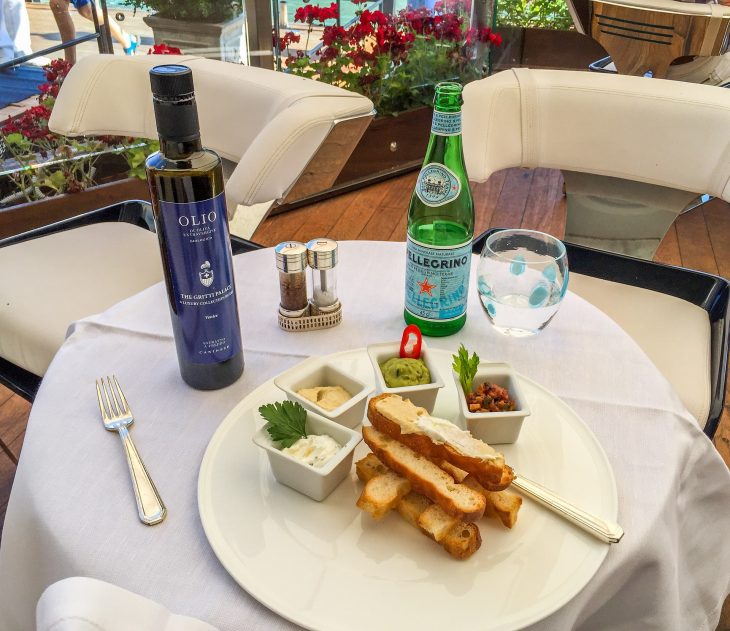
Olive oil that is lower quality or has been tampered with is not as healthy as the original.
Extra virgin olive oil is slightly bitter. This is a good thing. It comes from a molecule called “oleocanthal”, which acts as an anti-inflammatory. Also, it reverses the negative effects of protein byproducts thought to be contributing to Alzheimer’s. This is just one of many potent ingredients. For example, the polyphenols found in olive oil prevent cancers of the colon and breast, ovary, and prostate; reduce the risk of stroke, thrombosis, and heart attack; improve cognitive function and memory; and aid the immune system.
A label that says “Made in Italy”, is not trustworthy.
When it comes to olive oil, the U.S. still thinks largely of Italy – and with good reason. It is widely considered the finest olive oil in the world, and consumers who are looking for premium olive oil will often choose it. Although it is easy to see how “made in Italy” labels can help sell products, it is not always true. Italy’s brand reputation is under threat as food fraudsters continue introducing low-quality blends onto the market. This has caused a negative image for the country. Food fraud can not only be dangerous but also dishonest. A misleading label can make it difficult to be certain about the process, product, and what the food actually contains. This could expose people to food-related allergies and other illnesses.
It is impossible for extra-virgin olive oils to be inexpensive.
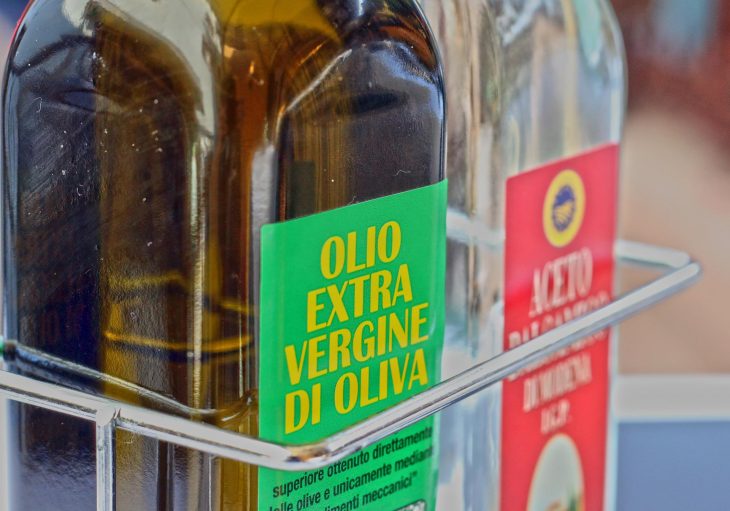
Do you know how cheap olive oil is? It’s not true. It is not true. The market is saturated with foreign oils, which are then sent to Italy to be “just be bottled,” meaning that it can legally be called “made in Italy oil”. Olive oil is expensive and the olive oil harvest often makes very little profit. The cost of maintaining the trees throughout the year and hiring workers to trim, fertilize, irrigate, and control pests and other insects is high. There’s also the milling, bottling, and marketing as well as shipping. Add in salaries, permits, government controls, and chemical exams, and it’s easy to see why a 1,90 euro bottle of “pure, extra virgin olive oils” might seem a little absurd. It is actually quite true.
How can I find extra-virgin olive oils?
Although it’s not an easy task, there are steps you can take in order to make sure you’re getting the best deal. As we said, you should be willing to pay more. Avoid containers that block sunlight and avoid bottles with a date on the harvest. Olive oil should be used within two years. Next, taste the oil. You want oil that has a little bite. This is why you should taste it. Your best option is to get to know your vendor. We recommend buying locally if you are interested in the Made in Italy label. But wait until you get to the boot to try the real deal.
Our Rome Food Tour will help you learn more about authentic Italian olive oil if you are visiting Rome. One of our favorite stands is run by a family that has been selling olive oil in Campo Dei Fiori for more than 100 years. You will also have the opportunity to taste local produce as well as learn how to make pizza at a local pizzeria. Visit our Rome Food Tour for more information.
